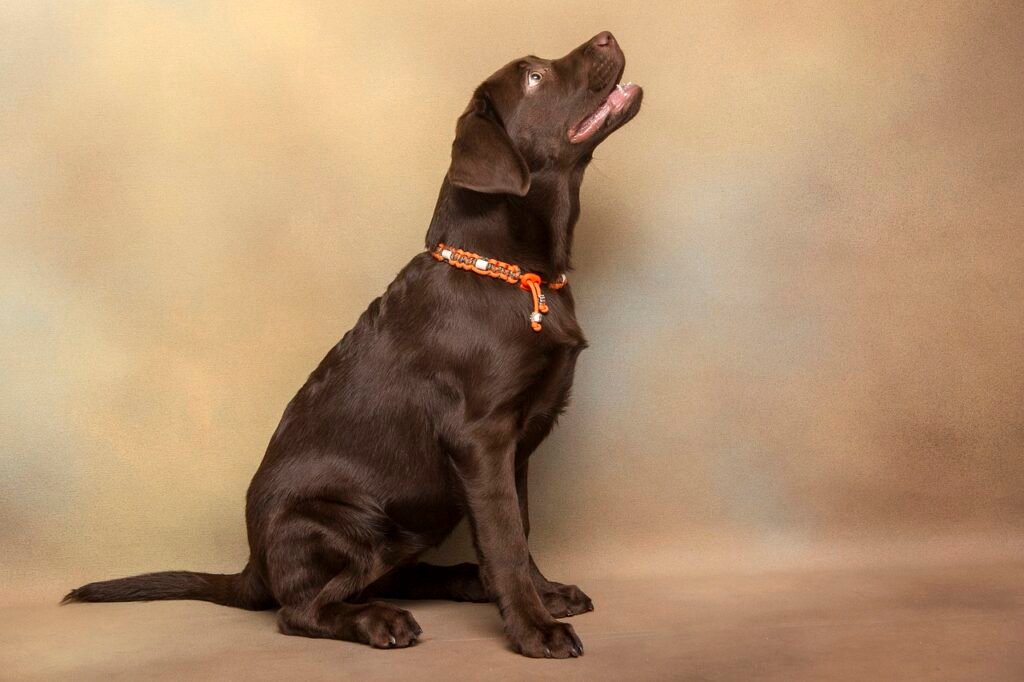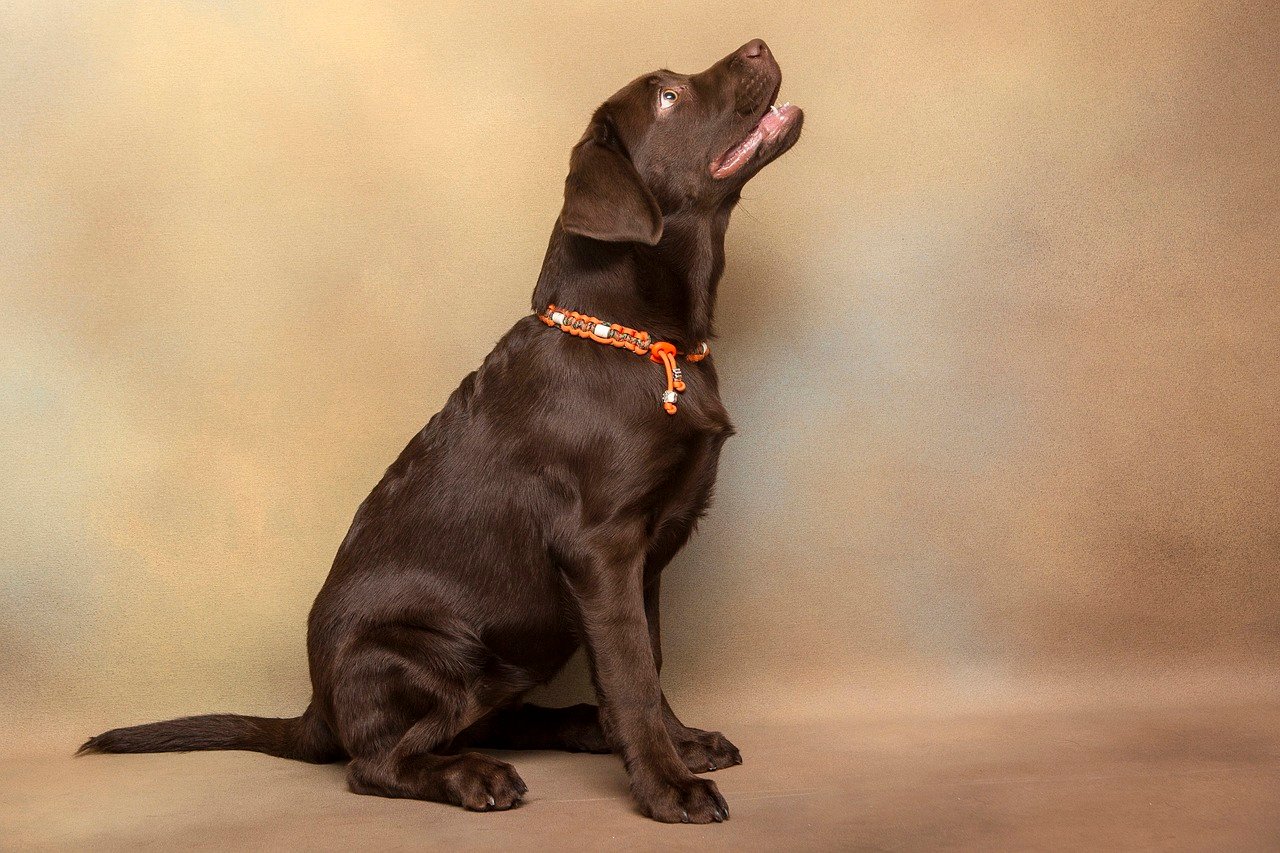Can Dogs Eat Turkey? Everything You Need to Know
Turkey is a popular protein source for humans, especially during holiday feasts like Thanksgiving and Christmas. But can dogs eat turkey too? The short answer is yes—turkey can be a healthy addition to your dog’s diet when prepared correctly. Packed with lean protein, essential amino acids, and nutrients, turkey offers several benefits for our furry friends. However, there are important considerations to keep in mind to ensure it’s safe and nutritious for your pup. In this blog post, we’ll explore everything you need to know about feeding turkey to your dog, from preparation tips to potential risks. Whether you’re sharing leftovers or considering turkey as a regular treat, we’ve got you covered!
Benefits of Feeding Turkey to Your Dog
Including turkey in your dog’s diet can provide numerous health benefits, making it a great alternative to other proteins. Here are some reasons why turkey can be a nutritious choice for your pup:
High-Quality Protein Source
Turkey is rich in lean protein, which supports muscle development and overall energy levels.Low in Fat (When Skinless)
Skinless turkey is a low-fat option, making it ideal for dogs needing weight management or those prone to pancreatitis.Rich in Essential Nutrients
Turkey contains vitamins like B6 and B12, which promote brain function and red blood cell production.Supports Joint Health
Turkey provides glucosamine and chondroitin, which are beneficial for joint health, especially in senior dogs.Hypoallergenic Option
Many dogs with food sensitivities tolerate turkey well, making it a popular ingredient in limited-ingredient diets.
Feeding turkey to your dog can offer a range of nutritional advantages, but moderation and proper preparation are key. Always prioritize your dog’s individual dietary needs when introducing new foods.
How to Safely Prepare Turkey for Your Dog
If you’re planning to share turkey with your dog, preparation is crucial to avoid any potential hazards. Follow these guidelines to ensure the turkey is safe and healthy for your pup:
Remove the Skin
Turkey skin is high in fat and can cause digestive upset or even pancreatitis in dogs. Always feed skinless turkey.Avoid Seasonings and Spices
Ingredients like garlic, onion, salt, and pepper can be toxic to dogs. Serve plain, unseasoned turkey to prevent adverse reactions.Cook Thoroughly
Raw or undercooked turkey may contain harmful bacteria like salmonella. Ensure the meat is fully cooked before serving.Cut Into Bite-Sized Pieces
Large chunks of turkey can pose a choking hazard. Chop the meat into small, manageable pieces for easy digestion.Skip the Bones
Cooked turkey bones can splinter and cause injuries to your dog’s mouth, throat, or digestive tract. Stick to boneless meat only.
By following these preparation tips, you can safely incorporate turkey into your dog’s meals without compromising their health. Always introduce new foods gradually and monitor for any signs of intolerance.
Check this guide 👉Can Dogs Eat Rib Bones? Best 7 Health Tips!
Check this guide 👉Can Dogs Eat Bacon? Best 7 Expert Tips!
Check this guide 👉Can Dogs Eat Sardines? Best 7 Health Tips!

Safe Turkey Ingredients for Dogs | Unsafe Turkey Ingredients for Dogs |
|---|---|
Plain, cooked turkey meat | Turkey skin (high in fat) |
Boneless, unseasoned turkey | Cooked turkey bones |
Small, bite-sized pieces | Turkey seasoned with garlic or onion |
Ground turkey (plain) | Turkey marinated in sauces or oils |
Turkey broth (unsalted, homemade) | Processed turkey products (e.g., deli slices) |
Potential Risks of Feeding Turkey to Your Dog
While turkey can be a healthy treat, there are certain risks associated with feeding it to your dog. Being aware of these potential dangers will help you make informed decisions:
Pancreatitis Risk
Fatty parts of turkey, such as the skin or drippings, can trigger pancreatitis, a painful condition that affects the digestive system.Choking Hazards
Large pieces of turkey or small bones can get lodged in your dog’s throat, leading to choking or blockages.Food Allergies
Although rare, some dogs may develop allergies to turkey, resulting in symptoms like itching, vomiting, or diarrhea.Overfeeding Concerns
Feeding too much turkey can lead to obesity or nutritional imbalances if it replaces a balanced diet.Seasoning Toxicity
Common seasonings like garlic, onion powder, or excessive salt can be toxic to dogs and should always be avoided.
Understanding these risks ensures you can take the necessary precautions when offering turkey to your dog. Always prioritize safety and consult your vet if you have concerns.
Signs Your Dog May Not Tolerate Turkey Well
Not all dogs react the same way to turkey, and some may experience adverse effects after eating it. Watch for these signs that indicate your dog may not tolerate turkey well:
Gastrointestinal Upset
Vomiting, diarrhea, or excessive gas can signal digestive issues caused by turkey.Skin Irritation
Red, itchy skin or hives may indicate an allergic reaction to turkey.Lethargy
A sudden lack of energy or enthusiasm could suggest an underlying issue related to the food.Loss of Appetite
If your dog refuses to eat or shows disinterest in meals after consuming turkey, it may not agree with them.Swelling or Difficulty Breathing
These symptoms require immediate veterinary attention, as they could indicate a severe allergic reaction.
If you notice any of these signs, stop feeding turkey immediately and consult your veterinarian. Monitoring your dog’s response is essential when introducing new foods.
Alternative Turkey-Based Dog Treats to Try
If you’re looking for creative ways to incorporate turkey into your dog’s diet, homemade treats are a great option. These ideas combine turkey with other dog-friendly ingredients for a tasty and nutritious snack:
Turkey and Sweet Potato Bites
Mix cooked, shredded turkey with mashed sweet potatoes, form into small balls, and bake until firm.Turkey Jerky Strips
Slice plain, cooked turkey into thin strips and dehydrate them for a chewy, protein-packed treat.Turkey and Veggie Patties
Combine ground turkey with finely chopped carrots and green beans, then bake into mini patties for a balanced snack.Turkey Bone Broth Cubes
Simmer turkey bones (without seasoning) to make a rich broth, freeze it in ice cube trays, and serve as a refreshing treat.Turkey-Stuffed Kongs
Fill a Kong toy with shredded turkey and a dollop of plain yogurt for a fun and engaging puzzle feeder.
These homemade treats are not only healthy but also a great way to bond with your dog. Always ensure all ingredients are dog-safe and served in moderation.
How to Incorporate Turkey into Your Dog’s Regular Diet
Adding turkey to your dog’s regular meals can provide variety and extra nutrients. Here are some simple ways to include turkey in their daily diet:
Mix with Kibble
Add small pieces of plain, cooked turkey to your dog’s regular kibble for a protein boost.Blend into Homemade Food
Use turkey as the primary protein in a homemade dog food recipe, paired with vegetables like peas and carrots.Use as a Training Reward
Cut turkey into tiny cubes and use it as a high-value reward during training sessions.Add to Rice or Quinoa
Combine shredded turkey with cooked rice or quinoa for a bland yet nutritious meal, especially helpful for upset stomachs.Create a Balanced Stew
Simmer turkey with dog-safe veggies like zucchini and spinach, then serve over your dog’s usual food.
By incorporating turkey thoughtfully, you can enhance your dog’s meals while keeping them healthy and satisfied. Always consult your vet before making significant dietary changes.
Holiday Tips for Sharing Turkey with Your Dog
During holidays like Thanksgiving, turkey is often the centerpiece of the meal. If you’d like to share some with your dog, follow these tips to keep it safe and enjoyable:
Avoid Stuffing and Gravy
Holiday side dishes often contain onions, garlic, or excessive fat, which can harm your dog. Stick to plain turkey meat.Skip the Desserts
Never give your dog desserts made with chocolate, sugar, or artificial sweeteners like xylitol, as they are toxic.Portion Control is Key
Even plain turkey should be given in small amounts to avoid overfeeding or digestive upset.Watch for Leftovers
Be mindful of what’s on your plate—ensure no unsafe ingredients like bones or spices end up in your dog’s bowl.Supervise During Meals
Keep an eye on your dog during family gatherings to prevent accidental ingestion of harmful foods.
With a little preparation, you can safely share holiday turkey with your pup without compromising their health. Remember, moderation and vigilance are essential when treating your dog during festive occasions.
FAQ
Can dogs eat raw turkey?
No, raw turkey can contain harmful bacteria like salmonella. Always cook turkey thoroughly before feeding it to your dog.
Is turkey safe for puppies?
Yes, but in moderation. Puppies have sensitive digestive systems, so introduce turkey slowly and ensure it’s plain and skinless.
Can I feed my dog turkey every day?
While turkey is nutritious, feeding it daily may lead to nutritional imbalances. Use it as an occasional treat or supplement to a balanced diet.
What should I do if my dog eats turkey bones?
Contact your veterinarian immediately, as cooked turkey bones can splinter and cause injuries.
Can dogs with food allergies eat turkey?
It depends on the allergy. Some dogs tolerate turkey well, while others may react negatively. Consult your vet before introducing it.
Final Thoughts: Turkey as a Healthy Treat for Dogs
Turkey can be a delicious and nutritious addition to your dog’s diet when prepared and served correctly. By removing the skin, avoiding seasonings, and steering clear of bones, you can safely share this lean protein with your furry friend. Always introduce turkey in moderation and monitor your dog for any adverse reactions. Remember, every dog is unique, so tailor their diet to meet their specific needs. With proper care and attention, turkey can become a favorite treat that keeps your pup happy and healthy. So go ahead—treat your dog to a bite of turkey, guilt-free!
Do Cats Have Taste Buds? Best 7 Expert Tips! – Discover how cats experience flavors and why their taste is so unique.
Do Dogs Have Taste Buds? Best 7 Expert Tips! – Discover how dogs experience taste, their preferences, and what it means for their diet and health.
Can Cats Taste Sweet? Best 7 Expert Tips! – Discover why cats can’t taste sweetness, how it affects their diet, and tips to keep them healthy and happy.
Can Dogs Taste Sweet? Best 7 Expert Tips! – Discover how dogs perceive sweetness, which foods are safe, and tips to manage their sweet cravings responsibly.





